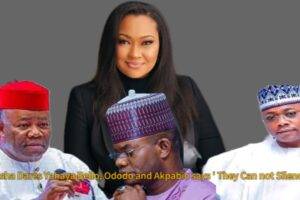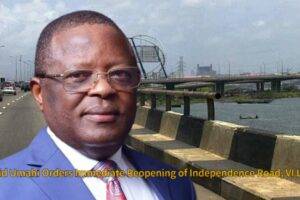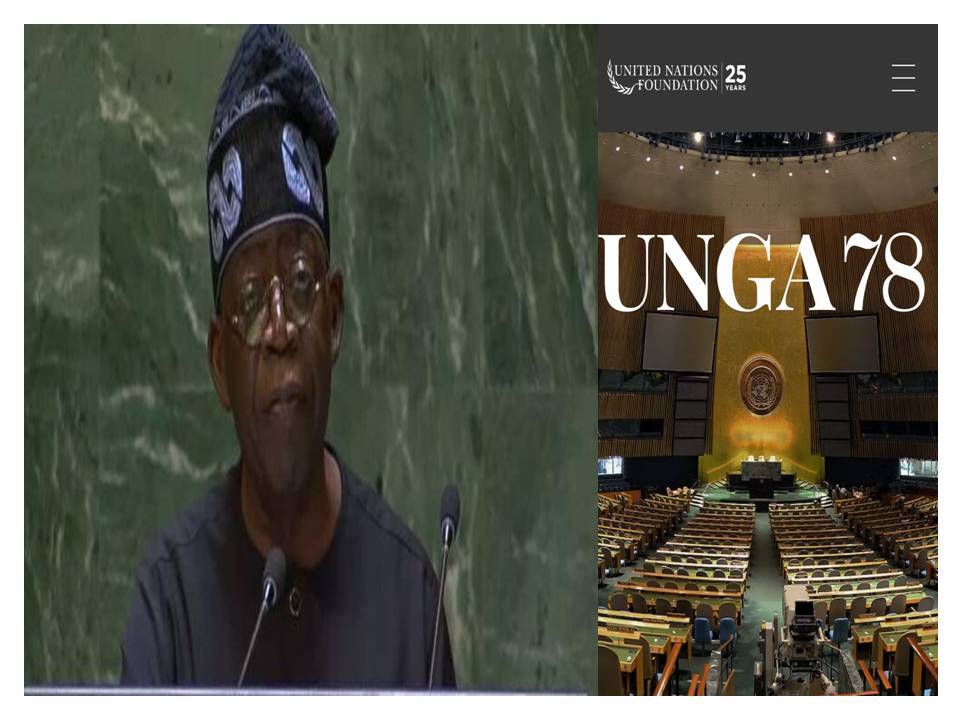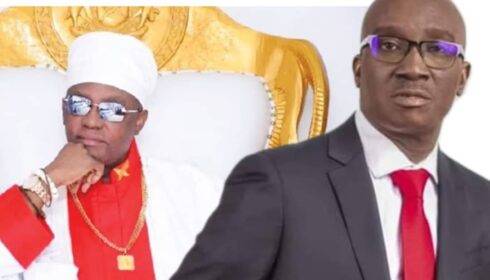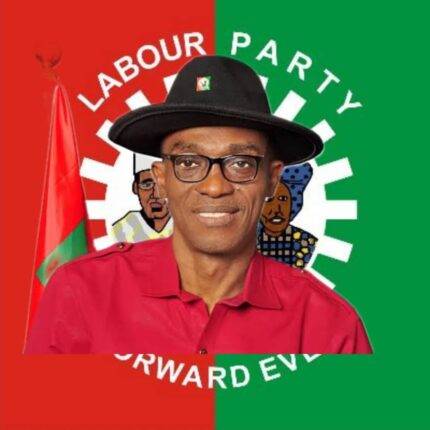Nigeria’s President, Bola Tinubu, addressed the 78th United Nations General Assembly with a focus on Africa’s unique challenges and its need for enhanced international cooperation. He congratulated the President of the Assembly and commended the UN Secretary-General for his efforts to address global issues.
Tinubu highlighted Africa’s historical struggles with governance and exploitation from abroad, emphasizing the need for a special commitment to the continent. He drew parallels with the post-World War II Marshall Plan, stressing the importance of global institutions and nations prioritizing African development.
President Tinubu outlined five key points in his address:
African Economic Prioritization
Tinubu urged global institutions and private sector actors to prioritize African development, acknowledging the need for reforms in Nigeria’s economic structure to foster growth and job creation. He emphasized Nigeria’s openness to partnerships and investment.
Democratic Governance
He affirmed democratic governance as crucial for the sovereignty and well-being of the people, condemning military coups and tilted civilian political arrangements. Tinubu mentioned negotiations with military leaders in Niger and his commitment to restoring democratic governance.
Countering Violent Extremism
Tinubu discussed the region’s struggle against violent extremists and the inhumane commerce that thrives amid instability. He called for international cooperation to arrest the flow of arms and militants into West Africa.
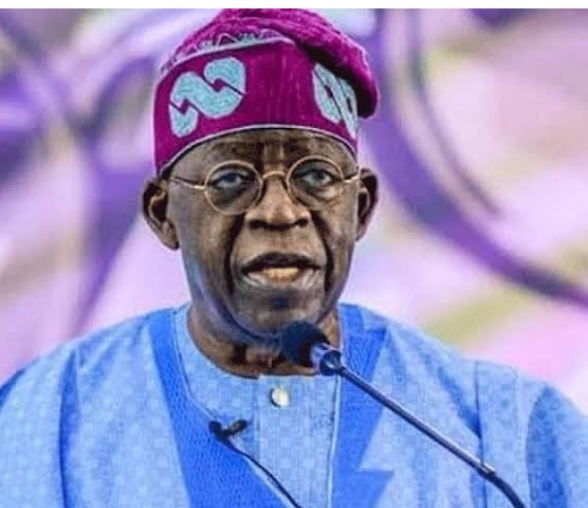
Mineral-Rich Areas
The President emphasized the need to secure mineral-rich areas from exploitation and conflict, highlighting the challenges faced by countries like the Democratic Republic of the Congo, Sudan, Mali, and Burkina Faso. He called for collaboration to deter firms and nationals from exploiting African resources.
Climate Change
Tinubu acknowledged the severe impact of climate change on Africa, including desert encroachment, coastal flooding, and erosion. He emphasized the importance of climate change efforts aligning with economic objectives and called for international investment in Africa’s climate initiatives.
In conclusion, President Tinubu underscored Nigeria’s commitment to the UN’s guiding principles of peace, security, human rights, and development. He expressed a desire for Africa to move beyond its historical challenges and become a prosperous, democratic, and vibrant continent. He called on the world to walk with Africa as true friends and partners, recognizing Africa as a key player in shaping the world’s future.
Table of Contents
Discover more from OGM News NG
Subscribe to get the latest posts sent to your email.







